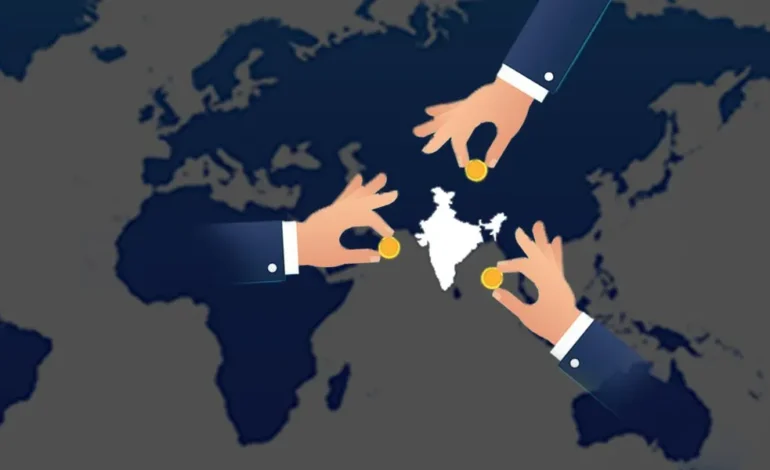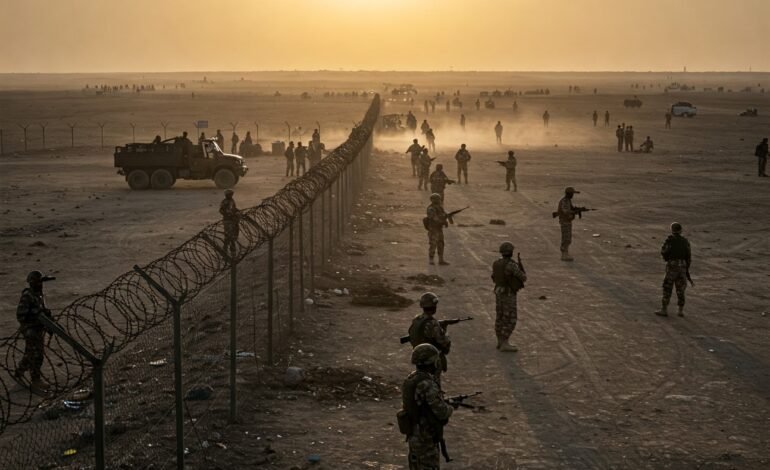
India and Pakistan Tensions: Understanding the Latest Crisis
India and Pakistan Tensions: A Deep Dive into the Enduring Conflict
The enduring India and Pakistan tensions have cast a long shadow over South Asia since the subcontinent’s partition in 1947. This complex and often volatile relationship, rooted in historical grievances and territorial disputes, particularly over Kashmir, continues to be a major concern for regional and global stability. Recent escalations, triggered by events like the April 22, 2025, attack on tourists in Indian-administered Kashmir, serve as a stark reminder of the persistent mistrust and the ever-present risk of conflict between the two nuclear-armed neighbors.
The Kashmir Knot: The Primary Source of Conflict
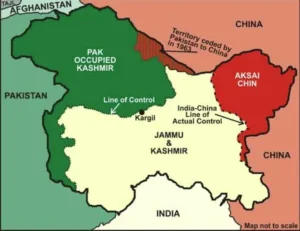
At the heart of the India and Pakistan tensions lies the unresolved issue of Kashmir. This strategically important and predominantly Muslim region was claimed by both nations at the time of partition. The ensuing wars in 1947-48, 1965, and the Kargil conflict in 1999 failed to settle the dispute, leaving Kashmir divided by the heavily militarized Line of Control (LoC). The differing perspectives on Kashmir’s status and the aspirations of its people remain a constant source of friction.
Beyond Kashmir: Other Contributing Factors to the Strain
While Kashmir remains the primary flashpoint, other issues fuel the India and Pakistan tensions. India has long accused Pakistan of supporting cross-border terrorism, alleging that militant groups operating from Pakistani territory have conducted numerous attacks within India. Pakistan vehemently denies these accusations and, in turn, alleges human rights abuses by Indian security forces in Indian-administered Kashmir. Furthermore, the sharing of water resources under the Indus Waters Treaty has become a point of contention, exacerbated by India’s recent suspension of its participation.
A Dangerous Dimension: Nuclear Capabilities and Regional Security

The fact that both India and Pakistan possess nuclear weapons adds a perilous dimension to their already tense relationship. The specter of nuclear escalation, even unintentionally, looms large, raising serious concerns for regional and global security. The international community has consistently urged both nations to exercise restraint and engage in dialogue to mitigate this grave risk.
Recent Escalation: The Kashmir Attack and its Aftermath
The recent deadly attack on tourists in Indian-administered Kashmir on April 22, 2025, acted as a catalyst for a fresh surge in India and Pakistan tensions. India swiftly pointed the finger at Pakistan, a charge that Islamabad vehemently denied. This accusation triggered a series of escalatory measures with far-reaching consequences.
Diplomatic Fallout and Border Measures
In the immediate aftermath of the blamed attack, both India and Pakistan engaged in a tit-for-tat expulsion of diplomats and nationals, significantly reducing the already limited diplomatic channels. Adding to the strain, the sole land border crossing between the two countries was abruptly closed, severely impacting cross-border trade and crucial people-to-people contact.
Military Actions and Cross-Border Shelling
The situation took a dangerous turn with military actions. India launched missile strikes on what it claimed were terrorist infrastructure sites within Pakistan and Pakistan-administered Kashmir. Pakistan strongly condemned these strikes as an “act of war” and retaliated with its own artillery shelling across the Line of Control, further escalating the India and Pakistan tensions.
The Indus Waters Treaty Under Scrutiny
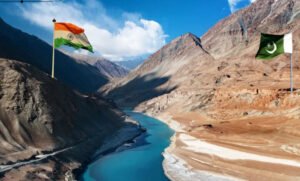
Adding another layer of complexity, India announced the suspension of its participation in the Indus Waters Treaty, a decades-old agreement governing the sharing of vital river waters. This decision has raised serious concerns in Pakistan regarding its water security, particularly for its agricultural sector, and has further strained bilateral relations.
International Concerns and Calls for De-escalation
The renewed escalation in India and Pakistan tensions has triggered widespread international concern. Various nations and international organizations have urgently called for restraint from both sides and emphasized the critical need for dialogue to de-escalate the situation. Notably, Saudi Arabia’s Minister of State for Foreign Affairs, Adel Al-Aljubeir, made an unscheduled visit to New Delhi for discussions aimed at easing tensions. Similarly, Iran’s Foreign Minister Abbas Araghchi also arrived in India for pre-planned talks amidst the unfolding crisis, highlighting the regional implications.
The Human Cost: Life on the Border and in Kashmir
The most devastating impact of the enduring India and Pakistan tensions is felt by the people living in the border regions, particularly in the Kashmir Valley. Reports from the ground paint a grim picture of intense shelling, damaged homes, and a pervasive climate of fear and uncertainty. Many Kashmiris yearn for peace, caught in the crossfire between two nuclear-armed neighbors, their daily lives disrupted and their futures uncertain.
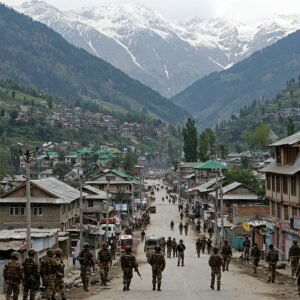
Looking Ahead: The Uncertain Path to Peace
The immediate crisis may eventually subside, but the fundamental issues fueling the India and Pakistan tensions remain deeply entrenched. A sustained and meaningful dialogue, addressing the core concerns of both sides – particularly the issue of Kashmir – is essential for establishing lasting peace in the region. However, given the deep-seated mistrust, historical baggage, and recent escalations, achieving this remains a formidable challenge. The international community watches with bated breath, hoping that India and Pakistan can step back from the brink and choose the path of peaceful coexistence for the well-being of their people and the stability of South Asia.


